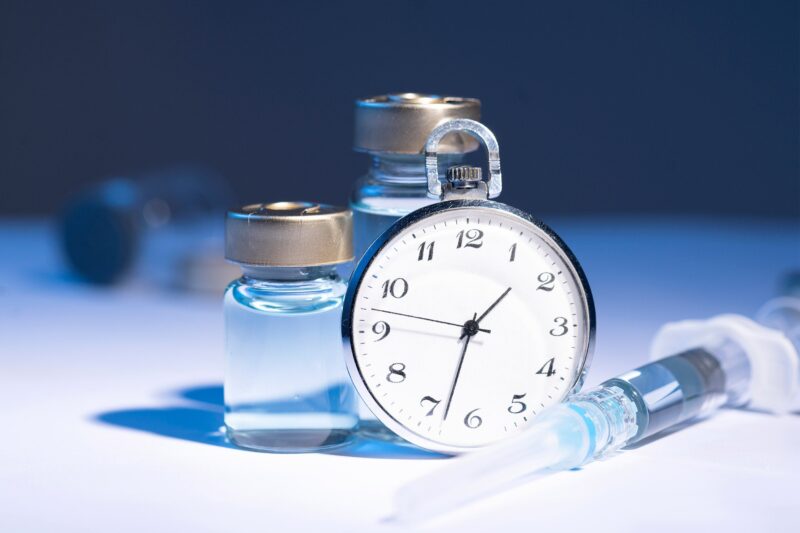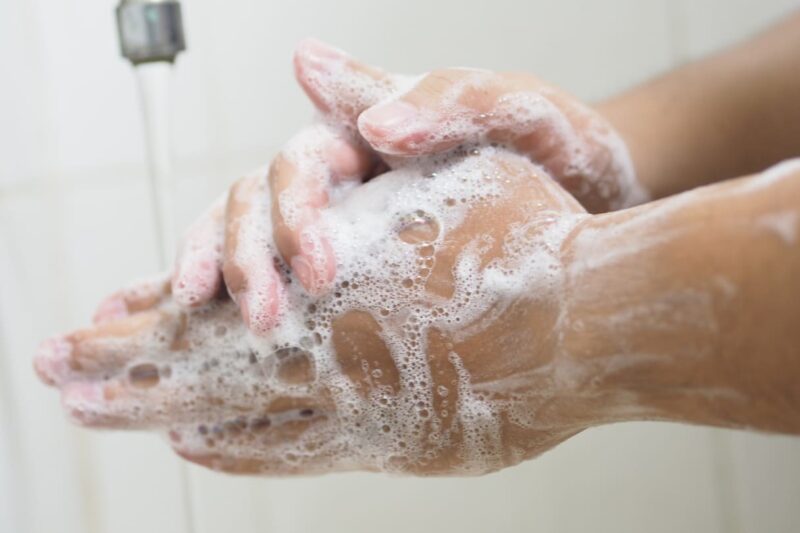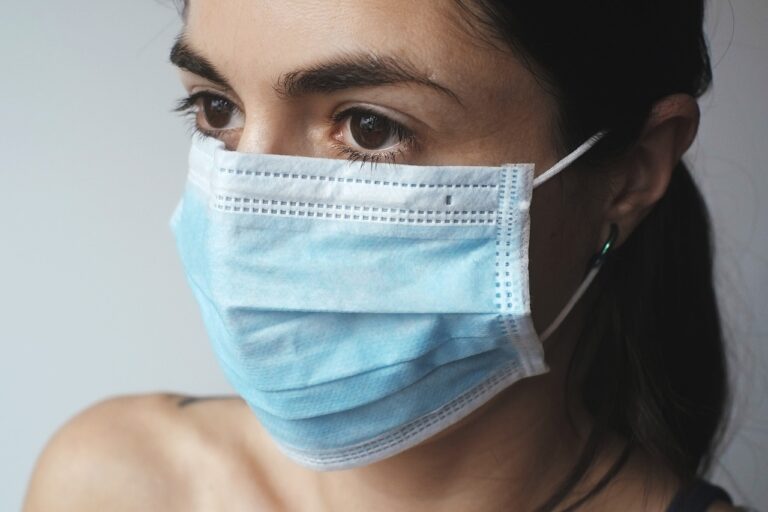No one likes the idea of getting sick. The endless doctor visits, medications, and dealing with the illness can weigh down on you, so you need to become more proactive about managing your health and preventing disease.
Taking care of your well-being can help you subside numerous diseases, and if you do get sick, your immunity will be in a better position to protect you. This needs to be implemented on a community scale.
After all, living in a society, the choices you make regarding your health impact the surrounding population. Such was the case seen during the pandemic of 2019; not only was there not much known about the coronavirus, but what started as an isolated incident in China soon spread globally, pushing the world into one giant lockdown.
To date, globally, we are still recovering from the effects of the pandemic, and so to ensure an event of this magnitude doesn’t repeat, here are some ways you can prevent diseases from spreading:
Contribute More to Public Health Causes

The easiest way to prevent the disease from becoming prevalent is by educating the population about them. But before you can help others, you need to have facts, details, and research on your side that can facilitate you in creating compelling workshops that can help the community.
If you want to discuss disease prevention, you need to study how diseases originate, spread, and impact different communities.
Furthermore, you must understand data analysis, explore public health research, and study numerical data. You need to get a degree specializing in this field to do this.
It will help if you start with a background in biology, statistics, or public health, followed by a biostatistics & epidemiology masters degree, which can make you an expert on disease prevention and a valuable resource to the community.
Discuss Hygiene
Good hygiene can protect you from numerous diseases. Practicing simple routines, like washing your hands, is enough to eradicate colonies of bacteria on your hands. For this reason, you should encourage healthy habits that uphold hygiene.
These include washing your hands well and using an antibacterial soap to wash off the pathogens lingering on your palms. It would help if you got into the habit of washing your hands after using the bathroom, before and after a meal, and when you handle anything dirty or dusty. Anytime you sneeze or cough, you must wash your hands well.
Additionally, if you get injured or have an open wound, you need to wash your injury well and cover it with a gauge. On the other hand, if you get bit by an animal, make sure you visit a doctor and get it checked out. Animals with rabies contain a contagious virus, and the longer you prolong treatment, the more your health will deteriorate.
Hence, get yourself looked at right away and start your medication. Hygiene also includes using clean utensils and not sharing them without washing your used dishes first. Likewise, guide parents on managing their child’s hygiene, instruct them on monitoring how frequently their child washes their hands, and teach them how to instill a healthy hand wash regime.
Be Particular About Vaccines

Vaccines are a healthy way to trigger your body’s immunity. When you get vaccinated, it provokes a specific immune response across your body, which saves you from getting sick. A vaccine’s delivery route mimics the way a pathogen invades your body.
For instance, the oral polio vaccine has to be ingested to stimulate a response in your intestine, as the poliovirus is known to attack the gut. If you inject it into your arm, the vaccine will not reach the pathogen, making it redundant.
Likewise, intranasal vaccines are made for the mucous membrane of the nasal cavity. It is suitable for illnesses like influenza that impact your nasal mucous barrier. Getting your vaccines on time minimizes the chances of you getting infected. Even if you manage to get sick, your symptoms will be under control, and you’ll easily power through the illness without getting sicker.
Vaccines also encourage herd immunity. When most of the community is vaccinated against a disease, they become immune to it, which ultimately eradicates the pathogen. This was practiced during the pandemic, and while it didn’t eliminate the virus, it helped curb the disease immensely.
Be Careful About Food

Diseases don’t only transmit from person to person, but they’re also present in your food. If you use unwashed vegetables, unpasteurized milk, and unclean meat, you are inviting a multitude of foodborne illnesses to wreck your system. For example, if you consume contaminated food or water, you may have to deal with gastroenteritis, also called stomach flu.
Likewise, consuming rotten food or water can cause food poisoning. This is why when purchasing your meat, always ensure that the produce is fresh, cleaned, and drained of fluid before you cook it. Your fruits and vegetables need to get washed and dried thoroughly; on the first signs of spoilage, bin them.
Microbes are also known to grow on cooked food. This means once you buy and cook your meals, you must go the extra mile to store and consume them.
Anything with dairy or meat must go into the fridge after it cools down immediately. Most of your meals need to get stored within two hours of food preparation to slow down the growth of these pathogens.
You should also check if your food is stored at the right temperature; if the fridge is humid, it can cause pathogens to grow even if you put your meal in an airtight box. You need to extend these concepts to the community.
Tell them about the dangers of eating raw meat and eggs that can cause salmonella, walk them through storing and preparing meals safely, and educate the population about the benefits of boiling water to reduce contamination.
Final Thoughts

Dealing with diseases is a nuisance, but it doesn’t have to be. While illnesses are a part of your lifestyle, you can reduce their impact. This is done through educating, learning, and guiding yourself and the community by exploring how disease spreads in the first place.
From there, walk them through preventive measures like how to curb diseases, simple methods to maintain hygiene, and the importance of vaccines. It would help if you also explored the nuances of washing and preserving food to reduce the chances of eating contaminated meals.

